For the second time in three years, a conflict in Europe's neighbourhood threatens to undermine the continent's already struggling economy.
This time, attacks by Yemen's Houthi forces on cargo ships in the Red Sea have forced many shipping lines to opt for the safer but longer and more expensive route around the Cape of Good Hope at the southern tip of Africa.
The rerouting is raising the cost of shipping goods and causing retailers to worry about shortages. Some factories have halted operations due to a lack of needed components. If the threat persists, economists say inflation in Europe could rise again, pushing back the possibility of a rate cut.
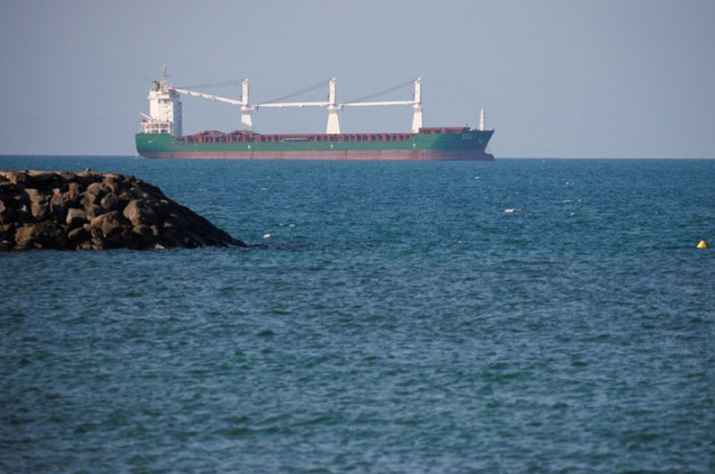
Ships passing through the Red Sea carry about 40% of the goods traded between Europe and Asia. (Photo: Getty)
Risk of recession
“This is clearly one of the big risks, it could slow growth and increase inflation. We could be talking about the risk of a recession,” said Ana Boata, chief economist at insurer Allianz Trade.
Ships passing through the Red Sea carry about 40 percent of the trade between Europe and Asia. The Houthis initially claimed to be targeting Israeli ships or those heading to Israeli ports, but in fact their targets included international vessels. That has prompted many shipping companies to reroute around the Cape of Good Hope.
Last week, Tesla said delays in parts deliveries due to changes to shipping routes would force it to temporarily suspend production at its only major factory in Europe.
The Belgian factory of Volvo Cars, a Chinese-Swedish carmaker, also had to stop production for three days.
Volkswagen plants are not affected but the company continues to monitor the situation and is in close contact with suppliers.
Oxford Economics estimates that a ship traveling at 16.5 knots from Taiwan to the Netherlands via the Red Sea and the Suez Canal would take about 25.5 days. If the route were to be diverted around the Cape of Good Hope, the time would increase to about 34 days, and could be even longer if the diverted ships had to wait for refueling.
The extra travel time will reduce the annual capacity of each vessel and could have a knock-on effect on the cost of shipping goods. According to the Freightos Baltic Index, the average cost of shipping a container of goods across the globe is set to double between December 22, 2023 and January 12, 2024.
For Europe, the impact of the crisis will largely depend on the extent and duration of the disruption. Economists at Allianz Trade calculate that a doubling of shipping costs lasting more than three months could push up eurozone inflation by 0.75 percentage points and reduce economic growth by nearly 1 percentage point. With the eurozone economy already weak, that could push the region into contraction in 2024.
Paolo Gentiloni, the European Union's top economic official, said the situation in the Red Sea “needs to be closely monitored” as it could cause energy prices and inflation to rise again.
The context is different from the Covid-19 pandemic period
Even so, the disruptions to supply chains in Europe are less severe than the bottlenecks of 2020 and 2021. Their economic impact is likely to be correspondingly smaller. Businesses have also learned from the disruptions during the Covid-19 pandemic and now have more inventory than they did then.
IKEA boss Jesper Brodin said the conflict in the Red Sea had added about 10 days or more to their shipping journeys, but that their customers were not affected.
“The big difference now is that we have recovered from the pandemic. We still have enough inventory to supply our customers,” Brodin said at the World Economic Forum in Davos, Switzerland.
Discount retailer Pepco said the conflict in the Red Sea has had little impact on inventory but could impact supplies in the coming months if it continues. Houthi attacks on commercial vessels have led to higher spot freight rates and longer transit times.
There are several reasons why the impact of the Red Sea crisis on the European economy has been less severe than previous increases in shipping costs.
Patrick Lepperhoff, a consultant at Inverto, a unit of BCG, said previous crises have helped companies better prepare for unexpected shocks.
In addition to being better prepared, the economic environment is different than it was during the pandemic — a global event that affected supply chains around the world. The crisis is localized, suppliers have more alternatives, and many businesses are holding larger inventories than they did before the pandemic.
“The Red Sea is no longer as dangerous to global trade as it was a few years ago,” said Mr. Lepperhoff.
Hoang Pham/VOV.VN (According to WSJ)
Source


![[Photo] Overcoming all difficulties, speeding up construction progress of Hoa Binh Hydropower Plant Expansion Project](https://vstatic.vietnam.vn/vietnam/resource/IMAGE/2025/4/12/bff04b551e98484c84d74c8faa3526e0)


![[Photo] Closing of the 11th Conference of the 13th Central Committee of the Communist Party of Vietnam](https://vstatic.vietnam.vn/vietnam/resource/IMAGE/2025/4/12/114b57fe6e9b4814a5ddfacf6dfe5b7f)


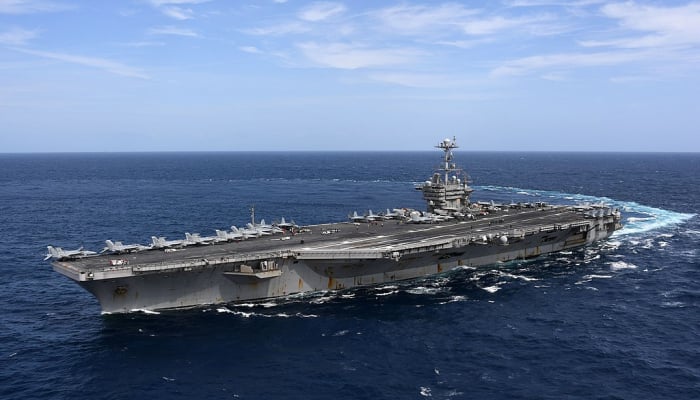





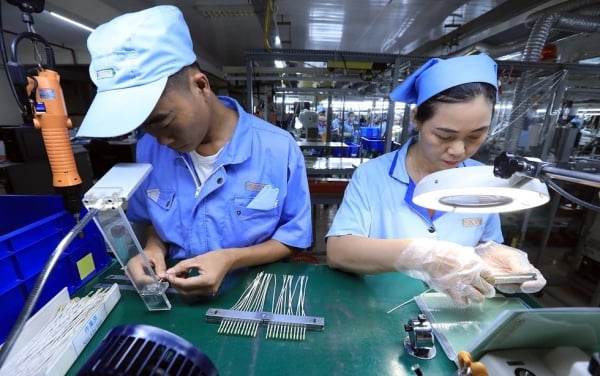


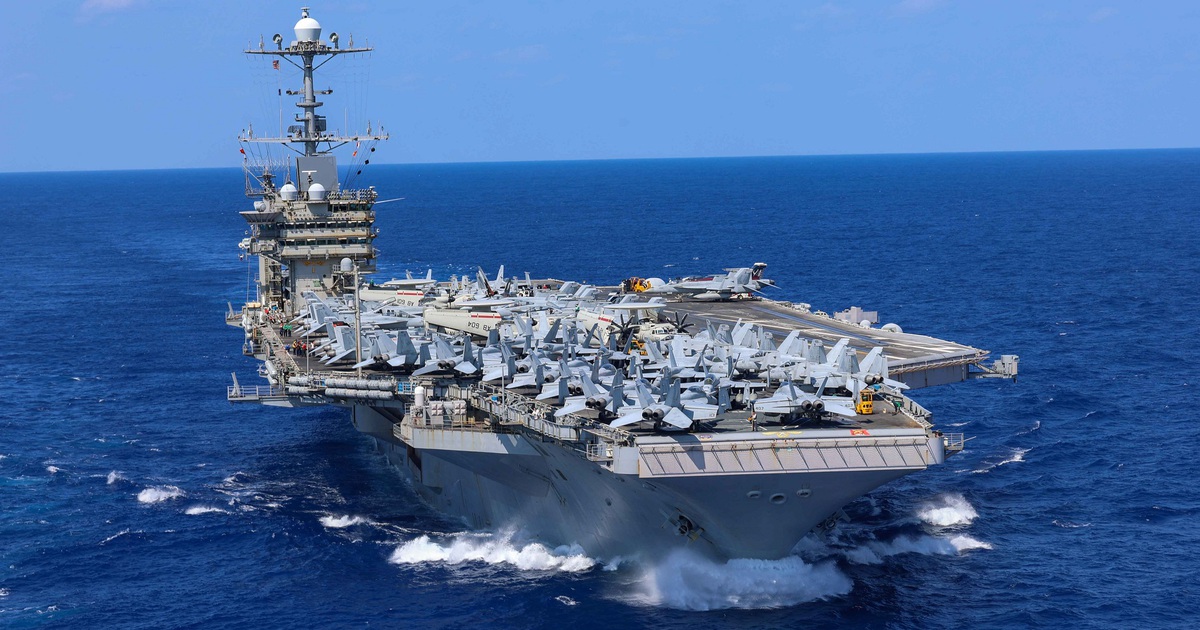

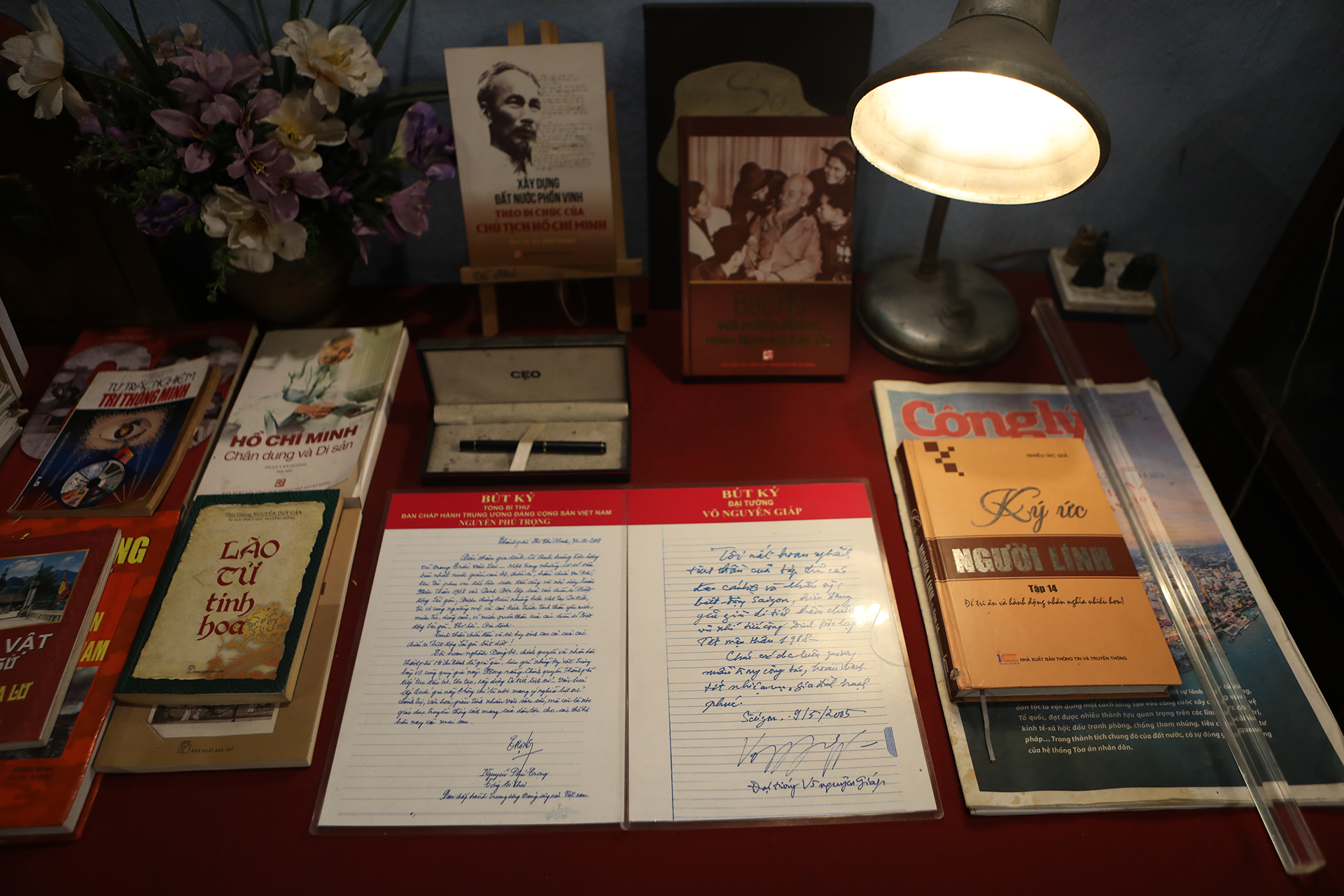












































































Comment (0)